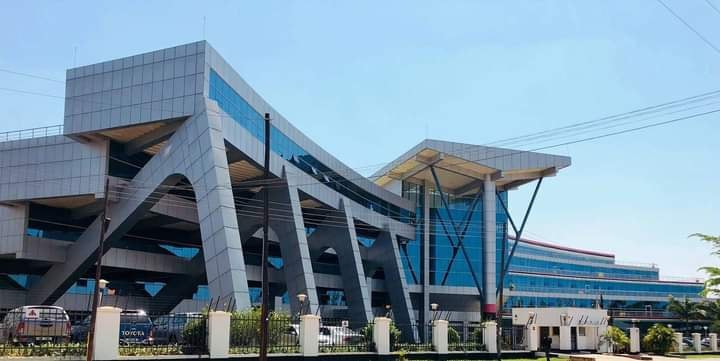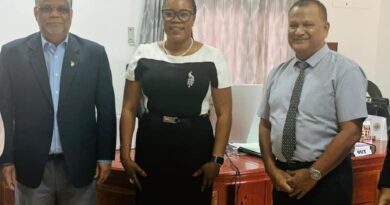ERB Approves 34 Licences and 5 Construction Permits, Attracting K2.46 Billion Investment
The Energy Regulation Board (ERB) in Zambia has approved thirty-four licence applications and five construction permits within the renewable energy and petroleum sub-sectors. These approvals, representing a combined investment of K2.46 billion (US$ 98.4 million), were granted during the July licensing committee meeting.
ERB Public Relations Manager Namukolo Kasumpa announced that thirty-five applications were reviewed, with one licence application being rejected due to non-compliance with safety standards and regulations.
“The stringent licensing process demonstrates the Board’s commitment to promoting investment and growth in the energy sector, while maintaining strict adherence to safe practices and regulatory requirements that safeguard the well-being of the public,” said Kasumpa.
The approved licences encompass a wide range of critical activities within the energy sector, including the retail of Liquefied Petroleum Gas (LPG), importation, supply, and installation of solar energy equipment, as well as the transportation, importation, and retail of petroleum products. Kasumpa noted,
“These approved licences not only ensure a reliable and diversified energy supply but also attract substantial investment that fosters economic growth and generates employment opportunities.”
The granted construction permits in the petroleum sub-sector are aimed at establishing essential infrastructure for the bulk storage and distribution of petroleum products, reinforcing the national security of fuel supply.
Kasumpa emphasized that the ERB remains dedicated to fostering a transparent regulatory environment that promotes sustainable energy alternatives, investment attraction, and compliance with licensing guidelines and standards within the energy sector.
“This considerable investment further demonstrates the confidence of businesses and investors in Zambia’s energy sector and validates the robust government policies that underpin the ERB’s regulatory framework,” she added.
“The Board will continue to uphold a rigorous, transparent, and predictable licensing procedure that encourages the adoption of alternative energy sources to contribute to the energy mix and sustainability of Zambia’s energy future whilst maintaining the highest safety and quality standards.”



